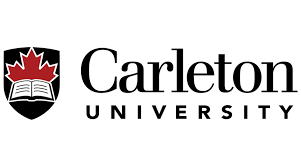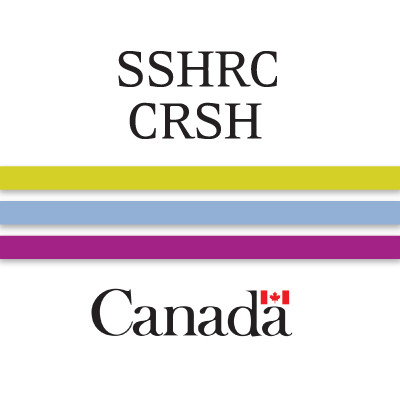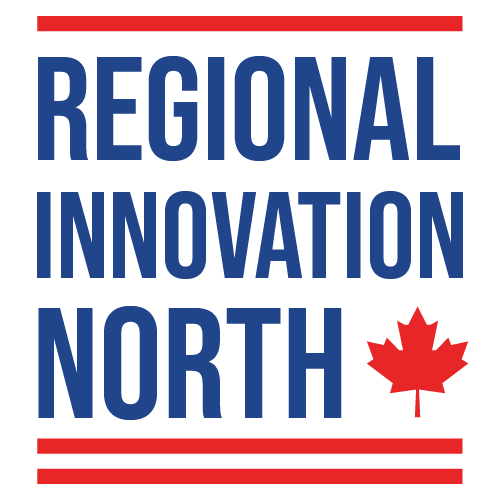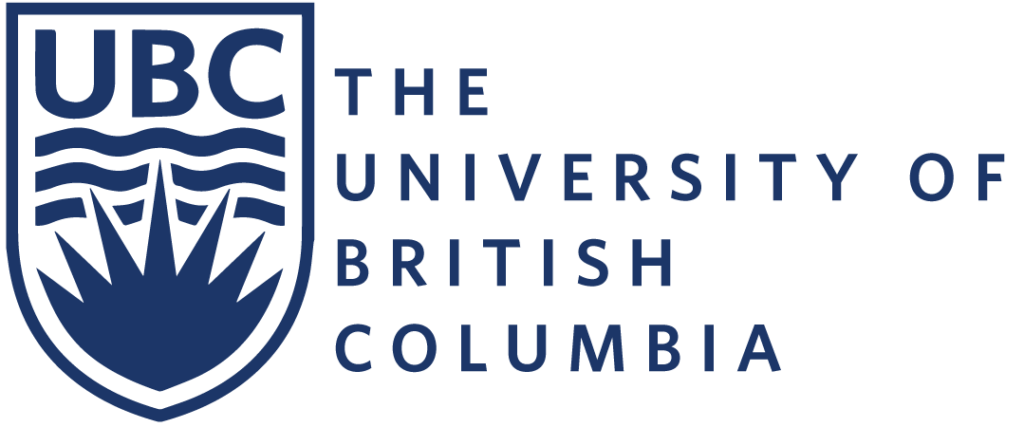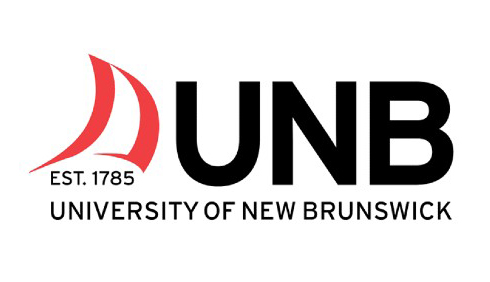Stakeholder Workshop
Host: University of British Columbia, Vancouver
Date: TBD
Details coming soon.
Background
At 202,080 km, Canada has the longest total coastline in the world. With abundant ocean resources and deep capabilities, Canada is a global leader in coastal and marine sciences, technology, and innovation. The Ocean Global Canada initiative is aimed at showcasing Canada’s global leadership in coastal and marine research, technology, and innovation across multiple industry sectors. Through a wide variety of ocean-centric knowledge mobilization activities, the interdisciplinary nature of the outreach will be anchored on Canada’s inclusive approach to trade and development assistance. In collaboration with strategic partners in Canada and other countries around the world, the outreach activities are targeted at supporting policymakers, industry players, and other stakeholders in the Canadian ocean innovation ecosystem to showcase Canada’s capabilities on the global stage, while also supporting the country’s comprehensive blue economy strategy. Among other things, blue economy best practices around environmentally responsible, commercially profitable, and socially acceptable outcomes in the ocean economy will be showcased, with emphasis on trade, investment, innovation, and development linkages. The outreach activities will involve knowledge synthesis, dissemination, transfer, exchange, and co-creation in key ocean sectors.
Goals and Objectives
- Showcase Canada’s ocean and maritime capabilities before the international community.
- Showcase Canada’s expertise across ocean industries in technology, research, education, safety, and sustainability.
- Better understand the interlinkages between trade and investment in the ocean sector.
- Foster comprehensive and coordinated synergies in blue economy programming and accelerate the blue economy policy innovation process.
- Showcase best practices in the social, political economy, cultural, regulatory, institutional, and equity dimensions of the ocean economy.
- Mobilize, disseminate, and exchange ocean-centric research across the water, forests, land, fisheries, minerals, oil and gas, energy, climate change, and biodiversity sectors, with emphasis on trade, investment, innovation, and development.
Agenda
8:30 – 9:00 AM
Welcome Coffee and Registration
9:00 – 9:15 am
Welcome Remarks and Consultation Background

Dr. Teddy Samy
Director, Norman Paterson School of International Affairs, Carleton University

Dr. Fred Olayele
Director, SCARAB, Sprott School of Business, Carleton University
9:15 – 10:00 am
Session I: Ocean Innovation and Entrepreneurial Ecosystem
The ocean innovation economy cuts across many sectors and derives its primary value from the availability of top talent, startup and growth capital, intellectual capital, creativity, the presence of large firms, and a robust ecosystem that can connect startups to programs and funds for expansion. Equally important is a policy regime capable of unlocking private sector investment by bringing together industry, research, investors, and government – through innovative public-private partnerships. This session will take stock of these vital elements of a robust ocean enterprise development paradigm in a bid to offer insights into the current state of the Canadian ocean innovation ecosystem.
Presenters

Richard Remillard
President, Remillard Consulting Group, Ottawa

Dr. Fred Olayele
Director, SCARAB, Sprott School of Business, Carleton University
10:00 – 10:30 am
Facilitated Discussion
10:30 – 10:45 am
Coffee Break
10:45 – 11:30 am
Session II: Climate and Global Ocean Sustainability
In addition to clean energy technologies for marine sector decarbonization, accelerating the adoption of emissions reduction technologies in the ocean sector is key to meeting Canada’s net-zero commitments. The Government of Canada is committed to reducing Canada’s carbon emissions by 40 to 45 percent below 2005 levels by 2030, and achieving net-zero by 2050. As a global leader in coastal and marine sciences, technology, and innovation with diverse ocean sectors, it is important to take stock of current tools, strategies, and techniques, while also showcasing Canada’s globally-relevant, environmentally responsible, commercially profitable, and socially acceptable solutions to some of the world’s biggest ocean challenges.
Presenters

Dr. Kate Moran
Dr. Kate Moran: President, Ocean Networks Canada, Victoria, BC
11:30 am – 12:00pm
Facilitated Discussion
12:00 – 1:00 pm
Lunch
1:00 – 1:45 pm
Session III: Maritime Trade, FDI, and the Global Political Economy
The global ocean economy is expected to reach $3 trillion by 2030. At over $31 billion and 300,000 jobs in fisheries and aquaculture, energy, shipping, tourism, and recreation, the Canadian ocean economy presents a huge opportunity both commercially and in terms of Canada’s ability to influence the emerging, new global political economy. A better understanding of the linkages between trade and investment in the ocean sector is important for devising solutions to attract FDI, support Canadian SME internationalization, create export opportunities for high-growth ocean technology businesses, and foster sustainable trade partnerships for exporters from developing countries. Ocean-based industries remain the key source of income and livelihood in many developing countries – particularly small island developing states. To the extent that these sectors are often affected by climate change, ocean pollution, and overfishing, lessons from Canada can help them build capacity in assessing the risks and opportunities involved in transitioning to an inclusive and sustainable ocean economy.
Presenters

Steven Tipman
Executive Director, Trade Facilitation Office Canada, Ottawa

Rob Creamer
Executive Vice President, ResearchFDI, Montreal

Dr. Teddy Samy
Director, Norman Paterson School of International Affairs, Carleton University
1:45 – 2:15 pm
Facilitated Discussion
2:15 – 2:30 pm
Coffee Break
2:30 – 3:15 pm
Session IV: Inclusive and Equitable Ocean Innovation Economy
Apart from exacerbating the climate crisis, expansion in the ocean sector without sufficient consideration for environmental and social sustainability often creates low-paying jobs. Building a robust, inclusive, and equitable ocean innovation economy involves leveraging digital technologies, promoting gender equality, advancing sustainable ocean solutions, and maximizing participation by Indigenous businesses and historically underrepresented groups in a way that benefits the poorest and most vulnerable. This underscores the need to showcase Canada’s ocean technology sector’s contribution to the realization of the SDGs.
Presenters

Dr. Lewis Lem
Port of Portland, Oregon, United States

Billy Leung
Senior Vice President, REMI, Inc., Massachusetts, United States

Peter Gunther
Senior Research Fellow, Connecticut Center for Economic Analysis, Connecticut, United States and Principal, Smith Gunther Associates Ltd., Kemptville, Ontario, Canada.

Fergus Maclaren
Director, Knowledge Management, Economic Innovation Institute, Ottawa, Canada

Joseph Potvin
Executive Director, Xalgorithms Foundation, Quebec, Canada
3:15 – 3:45 pm
Facilitated Discussion
3:45 – 4:00 pm
Coffee Break
4:00 – 4:30 pm
Summary and Conclusion: Summary of Discussion Outcomes and Next Steps in Contributing to Canada’s Comprehensive Blue Economy Strategy
The Ocean Global Canada initiative is aimed at showcasing, on the global stage, Canada’s leadership in coastal and marine research, technology, and innovation across multiple industry sectors. From February to June 2021, the Government of Canada received inputs from Canadians from coast to coast to coast through its engagement paper to help inform the country’s comprehensive blue economy strategy. Some of Canada’s biggest economic growth opportunities exist in its oceans. To realize this potential, blue economy best practices can spur the creation of high-paying jobs in coastal communities while ensuring the oceans remain healthy. Growing a sustainable blue economy requires a multi-stakeholder strategy developed in partnership with Indigenous and coastal communities.
Speakers: All participants
4:30 – 4:35 pm
Closing Remarks and Next Steps

Dr. Fred Olayele
Director, SCARAB, Sprott School of Business, Carleton University

Dr. Teddy Samy
Director, Norman Paterson School of International Affairs, Carleton University
Appendix
Core Research Themes
- Lessons from Canada in the context of leveraging ocean and marine resources to spur trade and development in small island developing states.
- Deploying a blue economy policy-market framework to harness productivity gains from trade, FDI, and innovation linkages in the ocean ecosystem for inclusive development.
- Recreational fisheries assessment, river restoration and forestry impacts, policy development, and the SDGs
- Social, cultural, political-economic, institutional, and equity dimensions in the context of increased opportunities for poor, vulnerable, and marginalized groups.
- The triple helix of government-university-industry collaborative interaction and intellectual property commercialization in the ocean sector.
- Advancing the blue economy in the context of bioeconomics, marine ecosystem valuation, climate change, ocean pollution, and overfishing.
Speaker Profiles
Share it


